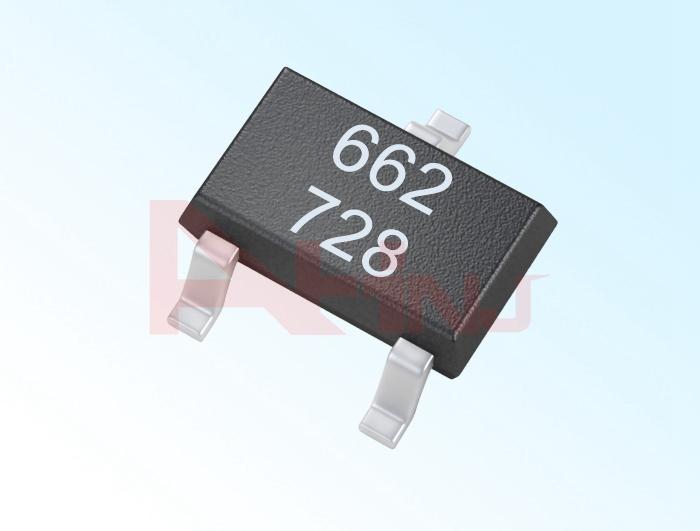How to Distinguish the Authenticity of the Sensor Output Signal?
As a Latch Type Hall Sensor Factory, share with you. Sensors have been applied to almost every industry in modern times, and these industries can record according to the signals sent by the sensors. So how do they distinguish the authenticity of the sensor output signal? Let's take a look at it below.
Micropower Omnipolar Hall Sensor
1. Judging from the gap voltage
The output voltage signal of the sensor includes direct current and alternating current. Direct current corresponds to the average distance between the sensor and the probe, also known as the gap voltage. Alternating current corresponds to the vibration signal. If the gap voltage is normal, then the AC is usually normal.
2. Changes in dynamic value and gap voltage
If the relationship between the vibration value and the gap voltage conforms to the probe characteristics, that is, greater than ±0.5V, the vibration measuring instrument is likely to malfunction. For example, when the vibration probe is working normally, the vibration value/gap voltage is 20μm/9.62 V, the vibration value is now 70μm/8.62 V, the vibration value increases by 50μm, the gap voltage should be reduced by about 0.4V, and under normal circumstances it should not be less than 9.22 V, at least not less than 8.72V, so the vibration measuring instrument itself has problems.
3. Judging from the change trend of axial vibration and ceramic tile vibration
Although the ratio of axial vibration and bush vibration is large and small, under normal circumstances, axial vibration and bush vibration should change simultaneously.
4. Judging according to the output waveform of axial vibration
If electromagnetic interference occurs, the output waveform has very large glitches. In addition to the power frequency components, there are also a large number of 2x, 4x, 6x, and 8x multipliers.
Our company also has Micropower Omnipolar Hall Sensor on sale, welcome to contact us.

评论
发表评论